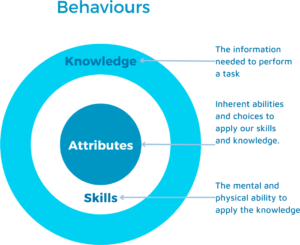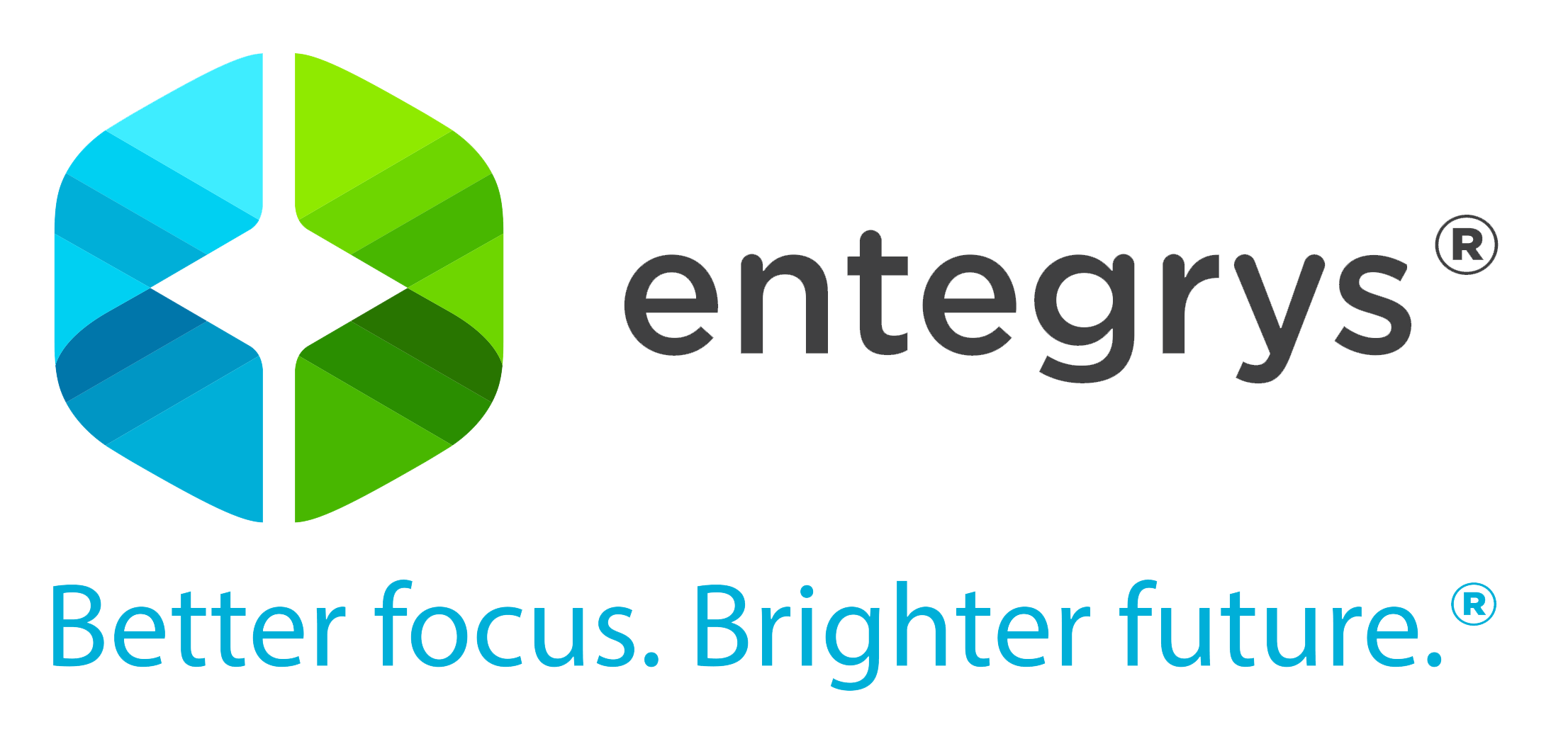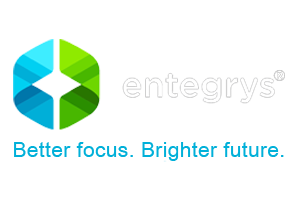Competencies
Job postings site them; Human Resource (HR) professionals talk about them. But what exactly are competencies—just the current language for knowledge, skills or personality traits? More importantly, why should we care? How do they benefit us?
Briefly, competencies give us objective language to move from unclear, unfocused, and challenging performance reviews to positive, productive development discussions. They also offer us the reliability of measuring real on-the-job results rather than trying to predict results from traditional tests. Allow me to explain.
The Genesis of Competencies
We have all heard the stories—an award-winning college graduate who could not translate theory into practice on the job; a senior journeyman who struggled in a supervisory position; a top sales achiever who reduced organizational results by alienating co-workers. Why are these situations so prevalent?
For years, managers laboured with long lists of knowledge, skills and attributes required for a position. But in 1973, a Harvard professor named David McClelland published a seminal paper titled ‘Testing for competence rather than for intelligence’. In it, he argued that aptitude and intelligence tests are not all that valid. Instead, organizations would get better results testing for competencies like leadership and interpersonal skills that he referred to as “clusters of life outcomes”.
Breaking it Down
 Based on McLelland’s work, we can describe competencies as demonstrated behaviours —what we DO, rather than simply what we KNOW. More specifically, they are what we consistently do to produce positive results, even under pressure.
Based on McLelland’s work, we can describe competencies as demonstrated behaviours —what we DO, rather than simply what we KNOW. More specifically, they are what we consistently do to produce positive results, even under pressure.
Behaviours are formed by a combination of our knowledge, skills, and attributes, or KSAs as they are commonly called in the field of HR.
Attributes is a broad term often used to encompass inherent abilities, values/beliefs, and attitudes. They are at the heart of every behaviour. They affect not only how we prefer to operate naturally, but also how we choose to apply our acquired knowledge and skills.
The Entegrys Omelette Theory
Another way to understand the relationship between KSAs and competencies is through the analogy of an omelette.
Just as eggs, milk and butter are the basic ingredients we use to create omelettes, KSAs are the ingredients we use to build competencies. Individually, the ingredients (KSAs) have their own distinctive characteristics, but they meld and transform into uniquely different omelettes (competencies) when combined and heated. When we measure KSAs individually, we are measuring inputs. When we assess competencies, we are assessing the observable outputs we call behaviours.
When we measure KSAs individually, we are measuring inputs. When we assess competencies, we are assessing the observable outputs we call behaviours.
Why Should This Matter to You?
Considering outputs, or performance results, has a significant impact on the way employees can be assessed, as well as on what employers might look for, evaluate, and test in future employees.
Measured separately, knowledge, skills and attributes are not as effective predictors of on-the-job success as the behaviours we consistently demonstrate on the job, at home, in our volunteer work, and in our life!
Why? KSA tests cannot accurately predict performance results because they cannot predict which ingredients (KSAs) individuals will use, in what proportions, or how they will combine them.
Summing it Up
 Simply put, competencies are groupings of related, observable behaviours that generate positive results at work, AND in our everyday lives.
Simply put, competencies are groupings of related, observable behaviours that generate positive results at work, AND in our everyday lives.
They provide a more holistic, uniform, and defensible approach to defining work requirements, and measuring performance results against those requirements.
Competencies also help individuals recognize their strengths and the transferability of those strengths to other positions.
When employers identify the competencies that support job requirements, it increases the likelihood of success for both them and their staff. Employees can then focus on developing the key behaviours in those competencies, which will simultaneously increase work results and build confidence in their performance!
_______
In our next article, we will explore the building blocks of a competency-based HR system—competency dictionaries, job profiles and assessment tools.
For help to identify the most critical personal/professional competencies to support your job requirements, check out the Entegrys Focus® competency assessment tools.




